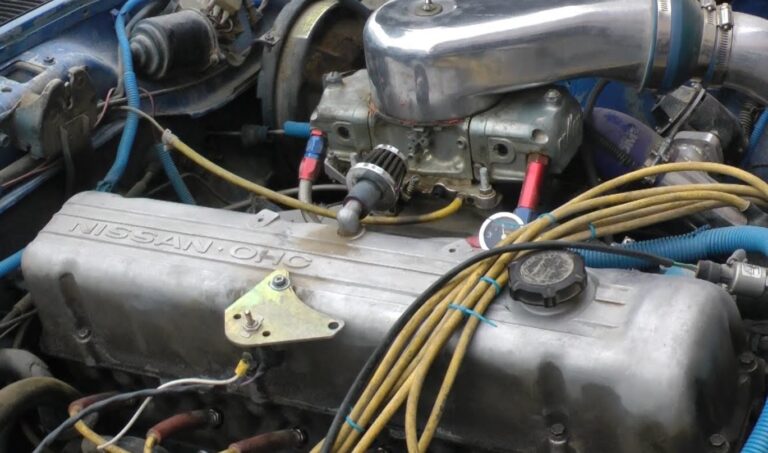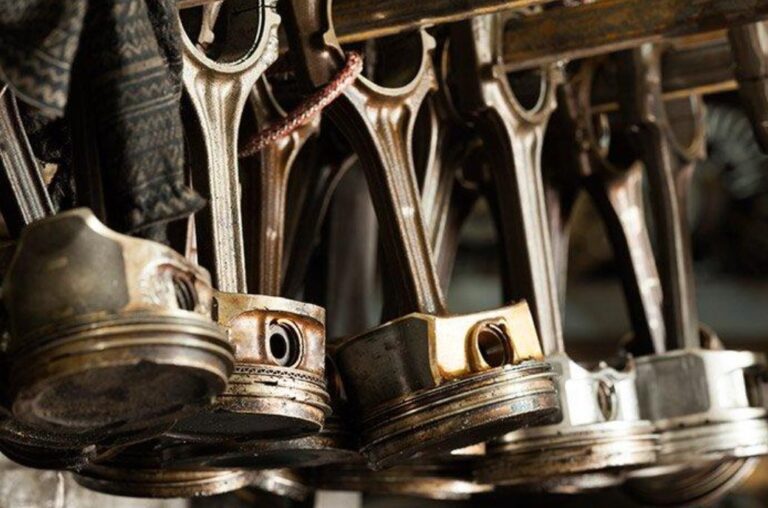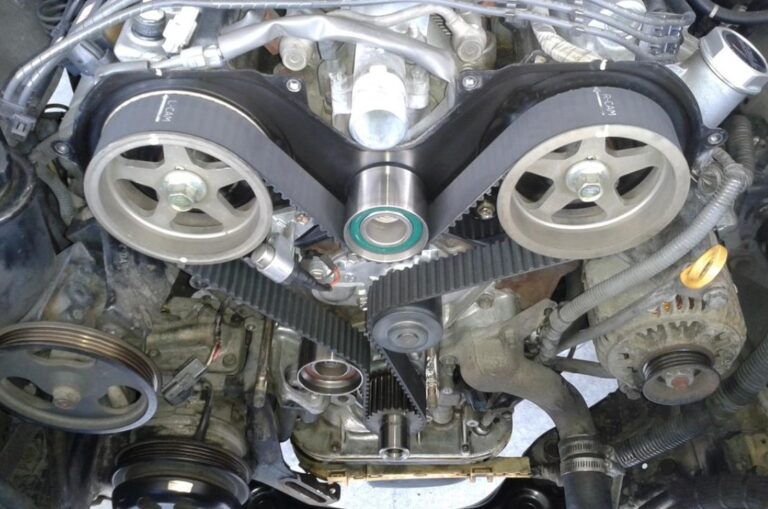Are Small Turbo Petrol Engines Reliable? Truth About Turbo Engine
This article will explain Are Small Turbo Petrol Engines Reliable? To understand whether small turbo petrol engines are reliable or not, there are few factors to consider. For a variety of factors, turbocharged, smaller engines are gaining popularity.
Although many businesses are still too new to the technology to develop turbocharged engines that are dependable and effective, turbocharged engines can provide higher fuel economy without losing a fun driving experience with respectable power and acceleration.
While fans of big-block engines and muscle cars contend that displacement cannot be replaced, the current auto industry doesn’t concur.
In reality, it’s common to see a lot of vehicles on the road with turbochargers supporting lesser engines.
Automakers can offer customers responsible fuel economy without compromising a pleasurable driving experience with this configuration of smaller turbocharger-boosted engines.
Are Small Turbo Petrol Engines Reliable?
The engine and turbo should last 150 to 200 thousand miles if the fluids are maintained properly and the timing belts are replaced before they wear out.
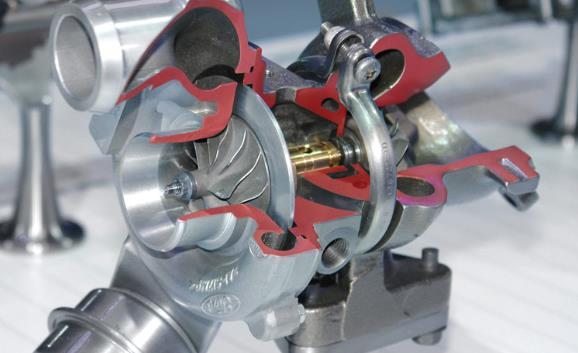
Are Turbochargers Reliable?
Like any mechanical system, adding new components can be difficult, especially if they immediately impact how well the system works.
In this instance, the turbocharger is the supplementary component, whereas the engine is the system’s main component.
Of course, increasing the number of components in a system raises the possibility of more failure sites, but this does not automatically render the system unstable.
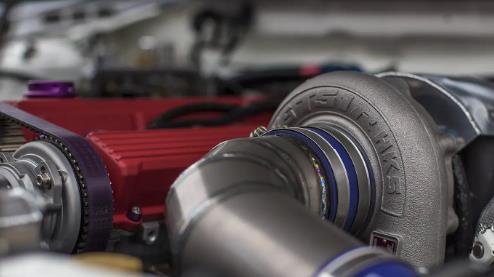
How A Turbo Engine Works?
Fuel and air are burned in engines to produce power. When a driver desires greater power, a turbocharger forces more air into the engine.
This enables the engine to produce greater power and burn more gasoline. The turbo is a rapidly spinning fan powered by exhaust fumes.
A smaller engine may now produce the same amount of power as a larger engine, but only when required and without using as much gasoline. The drawback of turbocharged engines is that some lag before the turbo spools up, producing a power rush.
Are They As Good As A Normally Aspirated Engine?
Although there may still be some misgivings about turbochargers, the truth is that turbocharging is gaining popularity. Whether we like it or not, smaller, force-fed engines replace larger naturally aspirated units more frequently.
These powerplants frequently have intercoolers, additional oil lines, intricate piping, and more potential problems than the ones they are replacing.
Alternatively, turbocharged engines are more intricate. And every time you increase complexity, you increase the chance of failure.
A turbocharged engine is also more “stressed” than a naturally aspirated engine that is free to breathe.
This calls for the engine to exert more effort while operating at higher pressures and temperatures. So, you would anticipate it to deteriorate more quickly.
Conclusion
Yes! Small turbo petrol engines are reliable. Although, once more, that wasn’t always the case; it appears that when customers reported problems, the problems were with the engine rather than the turbo.
Overall, the data indicated that turbocharged engines were dependable and efficient, with occasional problems caused by several factors, including the turbocharger and the engine computer.
Since the relative newness of turbocharging systems to each company appears to be correlated, as time goes on, these systems will improve and become more dependable and effective for businesses that are more recent entrants to the turbocharged engine industry.
Frequently Asked Questions
Are small turbocharged engines reliable?
Engines with turbochargers might not be as dependable as those without. There are more potential problems in engines with more parts. Turbocharged engines frequently require more regular maintenance due to the stress that turbochargers place on the engine and its components.
How long do small turbos last?
Although turbos are intended to last the car’s lifespan (or roughly 150,000 miles), they will likely eventually wear out depending on how hard you drive the car and how well the turbo was built initially.
Are turbo petrol engines good?
An automobile’s turbo engine boosts torque and power, particularly at low speeds. The practical feature gives little petrol engines—which often do not create greater torque without a turbo—excellent beginning acceleration.
Is a smaller engine with a turbo better?
With turbochargers, manufacturers can use smaller turbo engines to generate more power than normally aspirated (NA) engines with greater displacement. The use of a smaller engine results in reduced emissions. The air-fuel combination is sent to the engine in a denser form.

Welcome to the exhilarating world of Matt Rex, a professional car racer turned renowned vehicle enthusiast. Immerse yourself in his captivating blog as he shares heart-pounding adventures, expert reviews, and valuable insights on cars, trucks, jets, and more. Fuel your passion for speed and discover the beauty of vehicles through Matt’s engaging stories and meticulous expertise. Join the ever-growing community of enthusiasts who find inspiration and expert advice in Matt Rex’s blog—a digital hub where the thrill of speed meets the pursuit of knowledge.


![How Many Horsepower Is A 400CC Engine? [Explained]](https://www.turbochaos.com/wp-content/uploads/2023/12/How-Many-Horsepower-Is-A-400CC-Engine-768x506.jpg)
